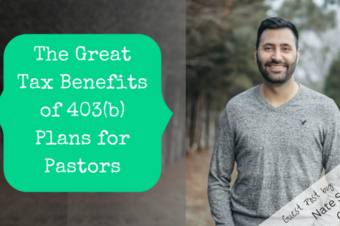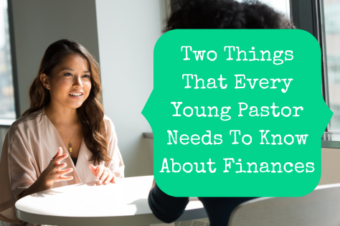
Interest rates are going up right now, and that will affect anyone who owns bonds or shares in bond mutual funds. Why is that, and what should you do about it?
Not only has the US economy climbed out of the hole it fell into a decade ago, but it is both strong and growing. I’m not the only one that has noticed, the Federal Reserve has taken note of it as well. Last month, they raised the federal funds rate once again.
Why does this matter? Everyone else that charges interest rates, like for mortgages, car loans, etc., look to the Fed for guidance. Folks, we are in what finance people would call a rising-rate environment. That simply means that rates are going up and are likely to continue to do so for awhile.
So, why does the title of this article talk about bonds if I’m talking about interest rates? They have a lot to do with each other. Let me explain.
How Do Bonds Work?
First, let’s make sure we’re all on the same page. A bond is a debt. However, when you own one (or part of a bond mutual fund), you are the lender. When you take out a mortgage, you have a term (how long you’re borrowing the money for) and an interest rate (the extra you are paying for the privilege of using the lender’s money).
In the same way, bonds have a term of anywhere from less than a year to 30 years and an interest rate that they pay. If you purchase a $1,000 5-year bond that pays 5%, they will give you $50 a year for 5 years and then give you back your initial $1,000. You’re basically loaning the bond issuer $1,000 for 5 years, and they give you $250 for your trouble.
How Do Interest Rates Affect Bonds?
Since bonds pay interest, they are affected by changes in interest rates. But, it’s a little bit more complicated than that. You see, not everyone buys a bond and holds it to maturity (the end of the term when they give back your money). Bonds are bought and sold just like stocks are. Because of this, changing interest rates affect the prices of bonds that are being bought and sold. When interest rates go up, bond prices go down, and vice versa.
Let’s say you own the 5-year $1,000 bond with a 5% rate from above. After a couple of years, interest rates have gone up and 5-year $1,000 bonds are being issued with a 7% rate. If you try to sell your bond, no one is going to buy it for the $1,000 that you paid for it. Why would they buy your 5% bond when they can get a 7% bond for the same price? If you really want to sell it, you will have to sell it for less than $1,000. You have to lower the price. Now you see, when interest rates go up, bond prices go down.
So What?
So, if you own bonds, they won’t be worth as much in the future if you try to sell them. And, if you own shares in a bond mutual fund, the same thing applies. In fact, it could be worse.
Sometimes when rates go up people get scared and want to stop investing in bonds. If too many people cash out of your bond mutual fund at the same time, the fund managers could be forced to sell some of the bonds prematurely, and they won’t get as much money for them as they would if they had held them to maturity as planned.
What Should You Do?
Does that mean that since interest rates are rising, you should be scared of bonds and avoid them? Not necessarily. To start, rising interest rates don’t affect all bonds the same. The longer the term, the more they are affected. That means that rising rates won’t make much of a difference for a 6-month or 1-year bond, but it really could for a 30-year one. Rates can go up a lot in 30 years.
Also, you need to consider the other options available to you. You can invest in stocks, but they are more volatile than bonds, even when rates are rising. You can hold your money in cash, but then inflation causes it to lose value. No matter what you do with your money there will be risk involved.
Have A Plan!
I think the most important thing you can do is have a long-term plan. If you have a well thought-out, long-term plan for your investments, then interest rate fluctuations won’t make a big difference to you. I’m still fairly young (though I don’t always feel like it!), so I have enough time to ride the ups and downs of the markets. But what if you’re only a few years away from retirement? Then your plan will look a lot different than mine.
The best way to come up with a plan is to talk to someone who knows about investments. I’m thinking more along the lines of a Certified Financial Planner ® than your brother-in-law that listens to Jim Cramer (no offense to Jim, I’m not even familiar with what he teaches). And not someone who is trying to sell you investments or convince you to let them manage your money. I’m thinking of a professional who will take an hour or two of their time to look through your investments and give you recommendations for a flat fee. (Never talk to a financial professional without knowing how they get paid first!)
Some of you may think that people like that don’t exist. You’re wrong! The Garrett Planning Network is a group of fee-only financial advisors that work on an hourly basis. The XY Planning Network also has a lot of members who do fee-only work on an hourly basis, and they can meet virtually, in case you live in the middle of nowhere like Philomath, Oregon.
If you think you can’t afford to talk to a professional, consider how much their fee is in relation to your savings. How big of a mistake would you have to make with your investments to make their fee worthwhile?
Markets go up and markets go down. It’s those with a solid plan that they stick to no matter what that triumph in the end.



